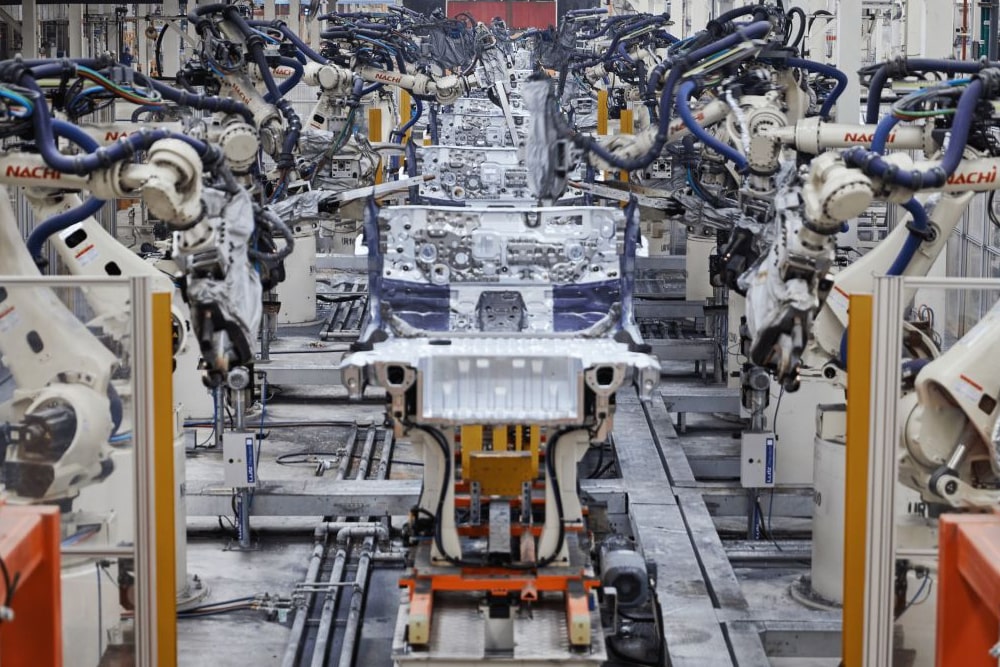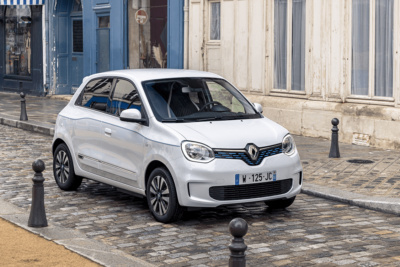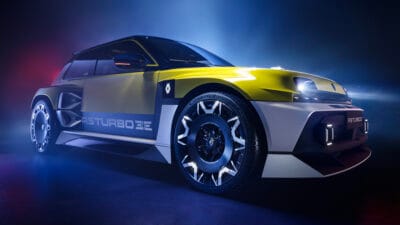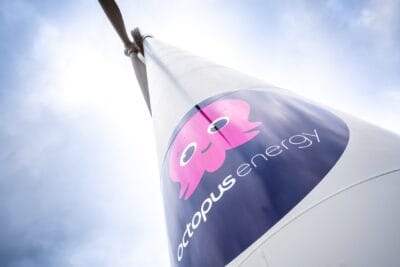USA wants to ban connected cars from China
It is still a proposal, but a corresponding law is expected to be introduced under President Biden – i.e. before he leaves office on 20 January 2025. The potential consequences would be far-reaching, as the proposal relates not only to entire vehicles, but also to the installed components. That means not only vehicles built in China would potentially be affected, but also those that use the banned components in their hard- or software systems. Incidentally, the proposal also applies to components from Russia, although these only play a minor role in the automotive industry compared to China. The corresponding investigation was first made public in July.
The proposal would bring software bans into force from the model year 2027 (i.e., January 2026), and the hardware ban would come into force from the model year 2030 or January 2029. However, as mentioned, this has not yet been finalised. The public now has 30 days to comment on the proposal. The regulation is only planned for road vehicles, not for agricultural vehicles, mining vehicles, trains, or drones.
Reuters writes that the “proposed prohibitions would prevent testing of self-driving cars on US roads by Chinese automakers.” Due to the punitive tariffs of 100 per cent, Chinese electric vehicles face a very high barrier to market entry in the US. In practice, the vehicles are virtually forced off the market in the US. This hurdle could be circumvented by considering production in the NAFTA region, for example, in Mexico. In other words, due to the extremely low US market share, the proposed new regulation on smart cars would hardly have any impact.
Non-Chinese manufacturers could also be affected
However, US Secretary of Commerce Gina Raimondo announced that the Department would act “before suppliers, automakers and car components linked to China or Russia become commonplace and widespread … We’re not going to wait until our roads are filled with cars and the risk is extremely significant.” One thing is clear: almost all new vehicles – regardless of the type of drive – have internet access, enabling data to be exchanged with receivers outside the vehicle.
According to the regulation currently being considered, virtually all vehicles built in China would be affected and would no longer be allowed to be sold in the US, even if they are cars built in China by General Motors or Ford. Cars from German manufacturers could also be affected if they use hardware or software that falls under the regulation. However, manufacturers should be able to apply for “specific authorisations” for exemptions. It is not yet clear which criteria will apply.
The political dispute between China and the US also continues elsewhere. After the Chinese government accused the US of unfair competition (this concerns the US subsidy rules for electric cars under the Inflation Reduction Act), the World Trade Organisation (WTO) agreed on Monday to set up a group of experts to investigate US subsidies for electric vehicles.
This is an important step, as it is the second request in this matter. Under WTO rules, the parties to a dispute can block a first request for arbitration. However, if the parties submit a second request, its acceptance is as good as guaranteed. The US government blocked the first request in the summer. The outcome of the expert enquiry is open.
The US government continues to build out its own electric vehicle supply chains. After the US Department of Energy just released three billion dollars in subsidies for 25 selected battery projects, the investment firm Monroe Capital is now to set up a new fund with a volume of up to one billion dollars on behalf of Washington to grant loans to small and medium-sized automotive suppliers for the transition to electric vehicles.
reuters.com, bis.gov (both smart cars), barrons.com, wto.org (both trade dispute), reuters.com, monroecap.com, whitehouse.gov (all three investment funds)





1 Comment